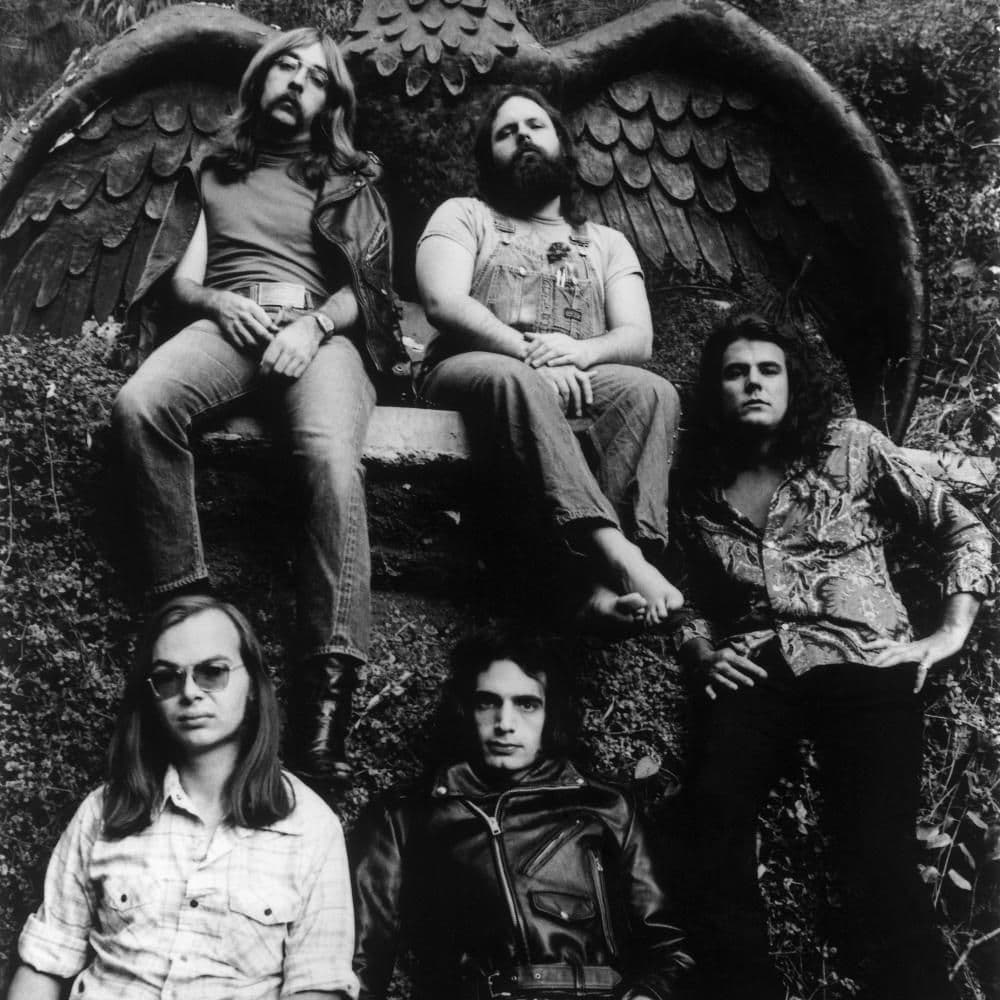
A wistful reflection on lost love and the passage of time, imbued with Steely Dan’s signature sophisticated jazz-rock.
Steely Dan, the brainchild of Walter Becker and Donald Fagen, were masters of crafting meticulously arranged and lyrically complex music. Their 1980 album, Gaucho, is a testament to their unwavering commitment to sonic perfection, a process often described as painstaking. While “Turn That Heartbeat Over Again” did not chart as a single on its own, it’s a crucial cut from the album, showcasing the band’s distinctive sound and lyrical themes. Gaucho itself peaked at number 9 on the Billboard 200, achieving platinum status and solidifying Steely Dan’s place in music history. This album represents a period of both creative triumph and internal struggle for the band, adding another layer of depth to their music.
The story behind Gaucho is as intricate as the music itself. The album’s production was notoriously protracted and expensive, plagued by technical difficulties, perfectionism, and interpersonal tensions within the band. Becker and Fagen’s relentless pursuit of sonic perfection led them to employ numerous session musicians, often pushing them to their limits in the studio. Tales of countless takes and painstaking editing are legendary within Steely Dan lore. This meticulous approach, while sometimes controversial, resulted in an album of exceptional sonic clarity and complexity. The use of the “Wendel” drum machine, a pioneering piece of technology at the time, further contributed to the album’s distinctive sound.
“Turn That Heartbeat Over Again” exemplifies this meticulous approach. The song is a tapestry of sophisticated harmonies, intricate instrumentation, and Fagen’s signature sardonic lyrics. The track blends elements of jazz, rock, and funk, creating a rich and layered sonic landscape. The lyrics, while open to interpretation, seem to explore themes of lost love, regret, and the elusive nature of memory. The phrase “turn that heartbeat over again” suggests a longing to relive a past moment, to recapture a lost feeling. It speaks to the universal human desire to revisit the past, to perhaps make different choices or simply to experience again the intensity of a past emotion. The song’s melancholic tone is balanced by its smooth, sophisticated musicality, creating a captivating and emotionally resonant experience.
For those of us who remember the late 70s and early 80s, Steely Dan represented a certain kind of sophisticated cool. Their music was intelligent, complex, and undeniably stylish. It was music for late nights, for thoughtful conversations, for those moments when you wanted to escape the mundane and delve into a world of intricate sounds and evocative lyrics. Gaucho, with tracks like “Turn That Heartbeat Over Again”, perfectly encapsulates this feeling. It’s an album that rewards repeated listens, revealing new nuances and layers with each spin. It’s a reminder of a time when music was crafted with meticulous care and attention to detail, a time when albums were more than just a collection of songs, but carefully constructed artistic statements.
Listening to “Turn That Heartbeat Over Again” today evokes a strong sense of nostalgia for a bygone era. It’s a reminder of the power of music to transport us back in time, to evoke memories and emotions long forgotten. For those who grew up with Steely Dan, this song is more than just a piece of music; it’s a soundtrack to a specific time and place, a reminder of the enduring power of great songwriting and meticulous musicianship. It’s a testament to Steely Dan’s unique place in music history, a band that continues to captivate and inspire listeners decades after their heyday.